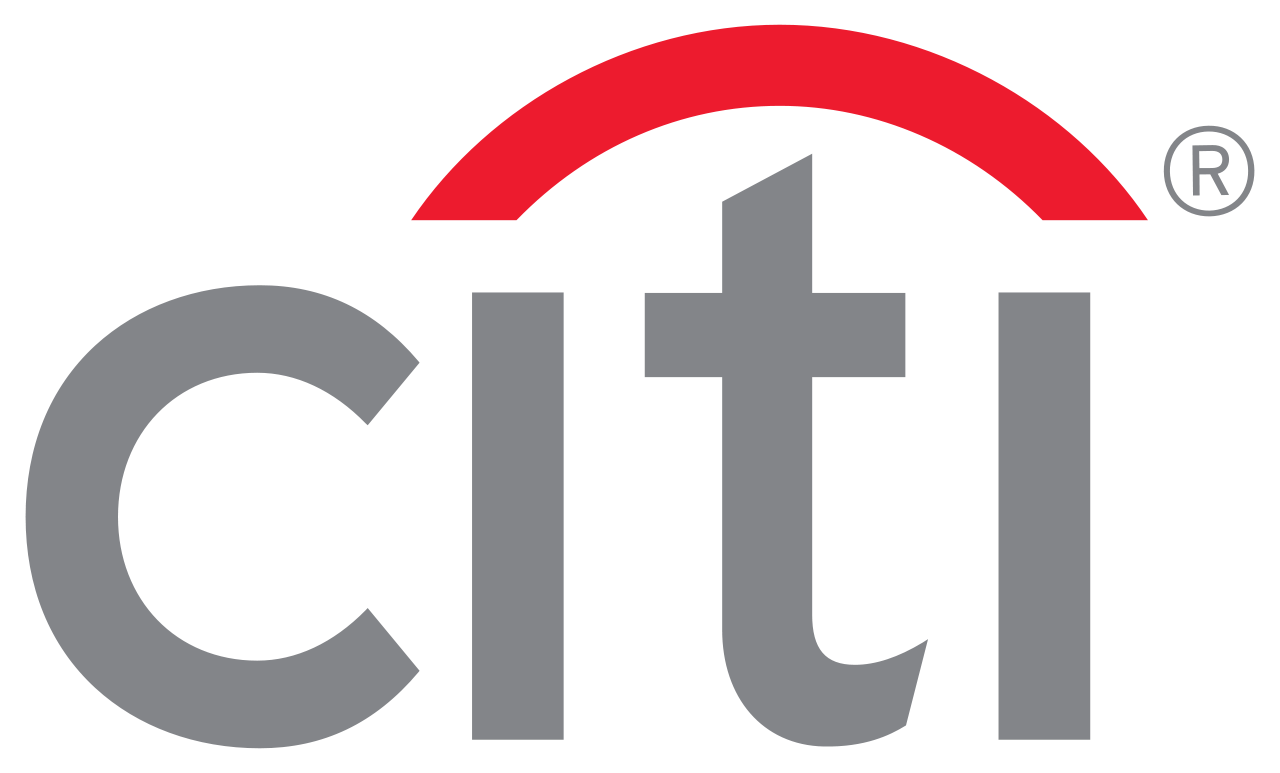Don’t fear new IT trends, embrace BYOD!
18.09.2012Company: Amcham
Miloš Hrnčár, Citrix Eastern EMEA Vice President, talks about the most powerful IT trends and explains, why it is good to participate in a BYOD program.
New IT trends are completely changing work and the workplace. What are the most powerful trends in IT?
For IT professionals, security has changed forever. Two of the most powerful trends in IT – cloud services and bring-your-own-device (BYOD) – threaten to reduce our control over computing. Enterprises have two choices: fight these trends through a ban that would restrict flexibility and productivity, or adapt IT thinking and update security architectures to reflect the new reality. The key is to give workers a sanctioned way to use cloud and BYOD resources while aligning enterprise security and architecture with the requirements of a more open environment. Fortunately, the progressively open model of enterprise computing doesn’t have to be the high-risk proposition some IT professionals fear.
Can you give some advices to IT managers regarding BYOD initiatives, who would like to implement BYOD in their company?
Rather than attempting to hold the line against user demands, I would advise organizations of all sizes and across all industries to learn how to leverage desktop virtualization to accommodate the new consumerization of IT. In doing so, they will maximize the productivity and personal time of their workers who can thrive within the freedom of their own lifestyle, while alleviating the IT burden of managing many different device types and devices. In today’s world workers are actively seeking to leverage the rich features and flexibility of consumer-oriented communications and mobile computing devices, to manage both their business functions and personal data on a unified single device - and in many cases preferring to do so on their own personal laptops, tablets and smartphones.
It sounds like making IT more personal, doesn’t it?
In the cloud era, computing experience is tailored to the individual – not defined by IT’s need for standardization and control. Allowing personalization in devices, applications and data enables a fit-to-purpose work experience that improves productivity and job satisfaction. A well-defined BYOD policy grants workers choice over their computing environment—not just the device, but also for the personal cloud through which they access resources—while maintaining control and governance over sensitive enterprise data. What’s more, today it’s not enough for enterprise networks to be high-speed, highly redundant, resilient and secured against compromise. To enable full mobility and anywhere, anytime access to resources, it’s essential to maximize secure portability as well. This includes using service virtual machines (VMs) to achieve network isolation between virtual resources and application-specific virtual private networks (VPNs) to match connectivity and security to the requirements of individual apps.
What are some of the compelling reasons, why the organizations should consider BYOD embracing?
With effective policy, technology and systems, organisations can reap the benefits of this powerful trend. Here are three most important reasons, why organisations should consider embracing BYOD:
Costs reduction - Having people pay part or all of the cost of various devices used for work gets IT out of the rigmarole of procuring and maintaining an ever-increasing host of hardware. Additionally, technologies like desktop virtualization and enterprise mobility management (EMM) when deployed for BYOD enable access to all necessary apps and data and infuse efficiencies into this model by enabling laptop replacement policies that yield significant savings for IT while also helping with the cost of devices for people participating in a BYOD program.
Boost of productivity - To operate effectively in today’s fast-paced global environment, organizations need to be able to get work done anywhere, anytime and on any device. BYOD makes it easier to work outside of the office to improve productivity, collaboration and mobility and empower workers to be best equipped to fulfill their respective roles.
Alleviation of security concerns - Compliance, data protection and privacy concerns are top considerations in any BYOD decision. Enabling device-independent computing through desktop virtualization accessed through a SSL VPN to protect the enterprise network and supplemented by an EMM solution with secure file sync and sharing service allows IT to provide optimal freedom for people while maintaining tight security and control.







